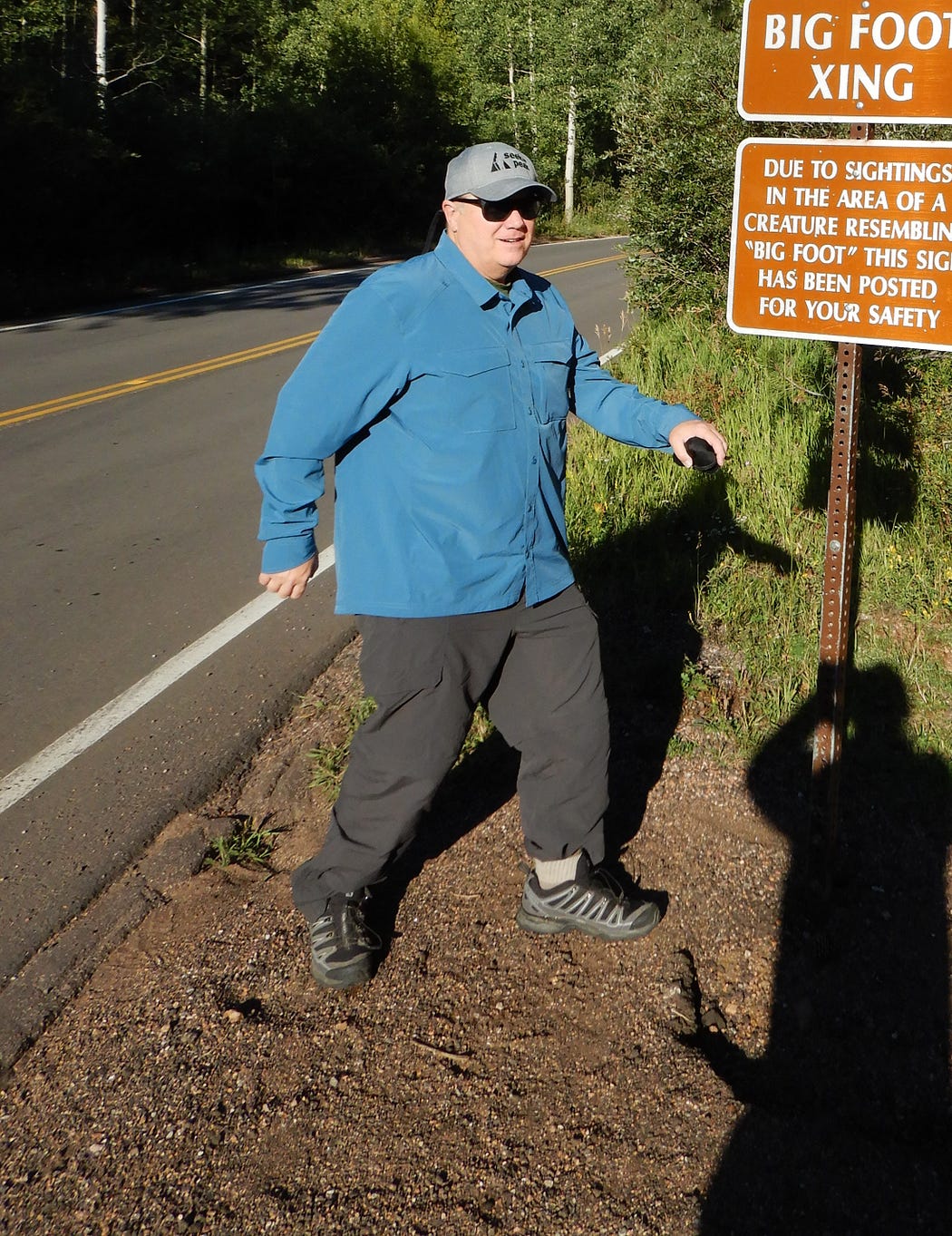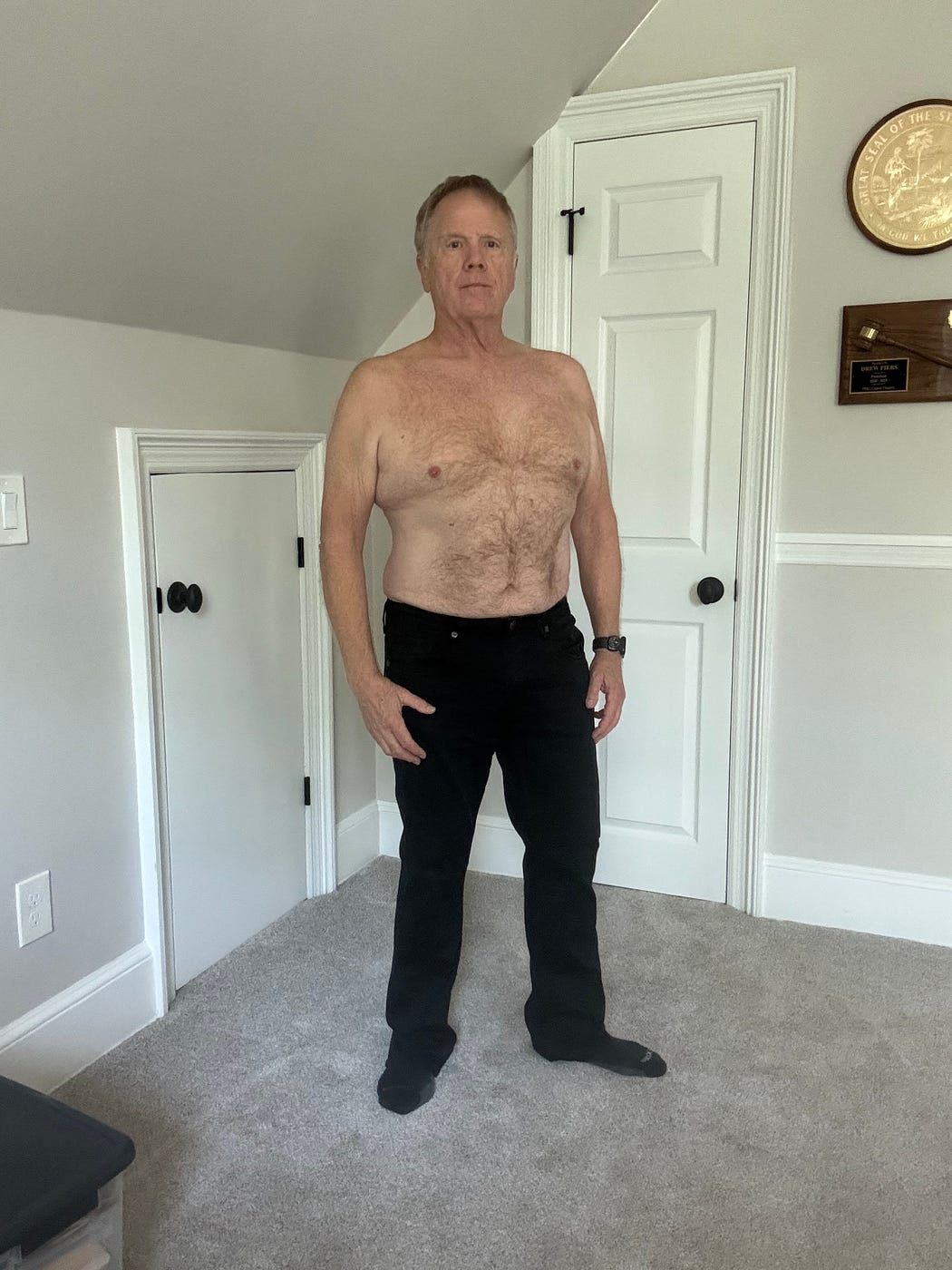If you’re a 40- or 50-something guy who’s lost the same 10 pounds three different times, I know you. I was you. For decades I “merry-go-rounded” my way through new gym memberships, wearable trackers, and the latest diet podcasts — dropping a few pounds in January, gaining more back by Thanksgiving. My body got really good at one thing: gaining weight.

Seven years ago, I finally broke the cycle. It took me about three years to lose 90 pounds — 260 down to 170 — and I’ve kept most of it off since. But here’s the truth no one told me: losing the weight wasn’t the hardest part. The hardest part was learning how to live afterward, when the wave of old habits tried to drag me back.
That “wave” is the real story. Habits are like waves: powerful, mindless, always moving in one direction. For years, mine carried me toward bigger pants and doctor’s warnings. Habits don’t care if you want to stop. They exist to get you through the day without thinking too much.
And here’s the trick: you can’t destroy the wave. You have to learn to ride it.
I call it “merry-go-rounding” — the endless loop of losing a few pounds, gaining more back, buying new gadgets, juicers, books, and memberships. (Anyone else still have a juicer collecting dust?) I spent years wasting money and energy before I realized the problem wasn’t willpower. It was my wave.
The breakthrough came when I stopped trying to smash my habits and instead started reshaping them — small, repeatable, daily changes. Think of brushing your teeth: you don’t question it, you just do it. That’s the level you need for a new lifestyle to stick.
At 66, I’m still not perfect. I’ve gained some back, lost it again, and gained a little more. But instead of ballooning, I hover within a range I can live with — about 178 lbs. today. That’s what makes this different: I’ve learned how to stay on the board, not just wipe out.

So what’s the one habit that makes the difference? Walking. Every day. Built into your life so naturally it feels wrong not to do it. Not 20,000 steps on a tracker, not training for a marathon — just consistent, deliberate walking that becomes as automatic as brushing your teeth. That’s the anchor that’s kept me from drifting back.
If you’re carrying 20–60 extra pounds and are tired of the cycle, follow along. I’m writing weekly about what worked, what didn’t, and how to surf your own wave without another January reset.
Next week, I’ll show you how I turned walking from a chore into a reflex — and why that shift is the difference between losing weight and keeping it off.
In the meantime, ask yourself this:
👉 If you could adopt one habit as automatic as brushing your teeth — one that quietly added years to your life — what would it be?
Think on that. And if you want to learn more about the answers that worked for me, I’ll see you here next week.


Leave a Reply